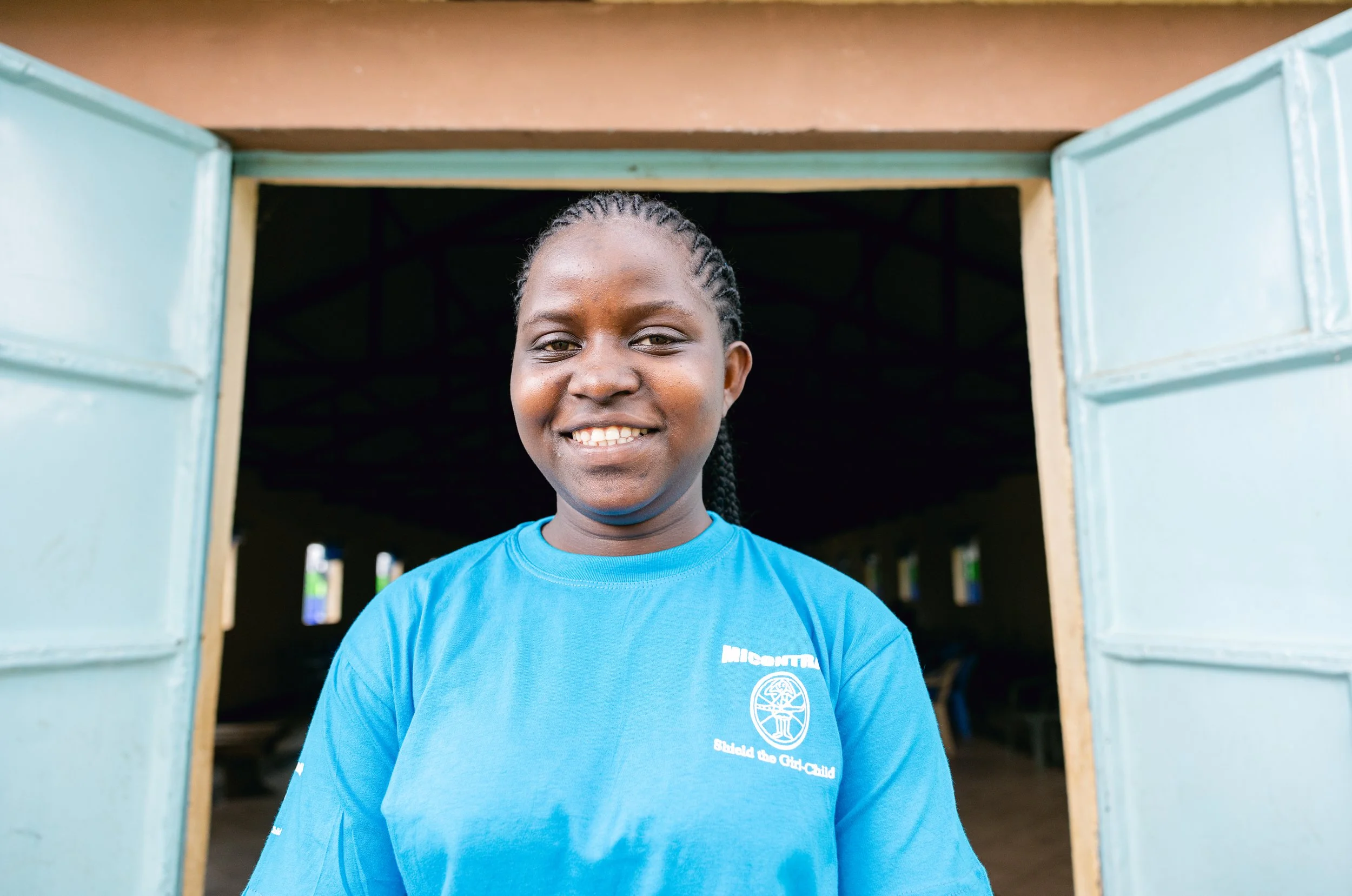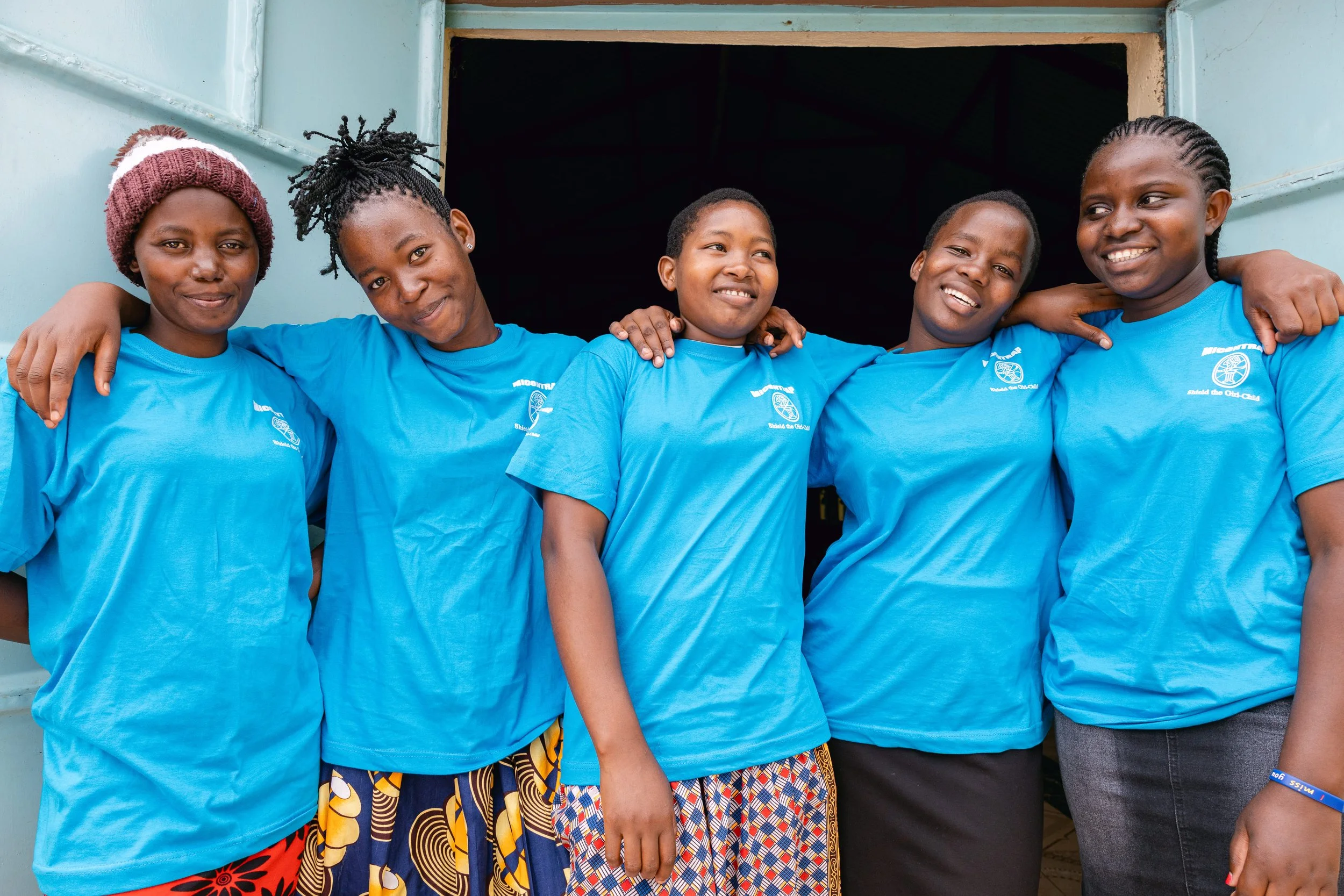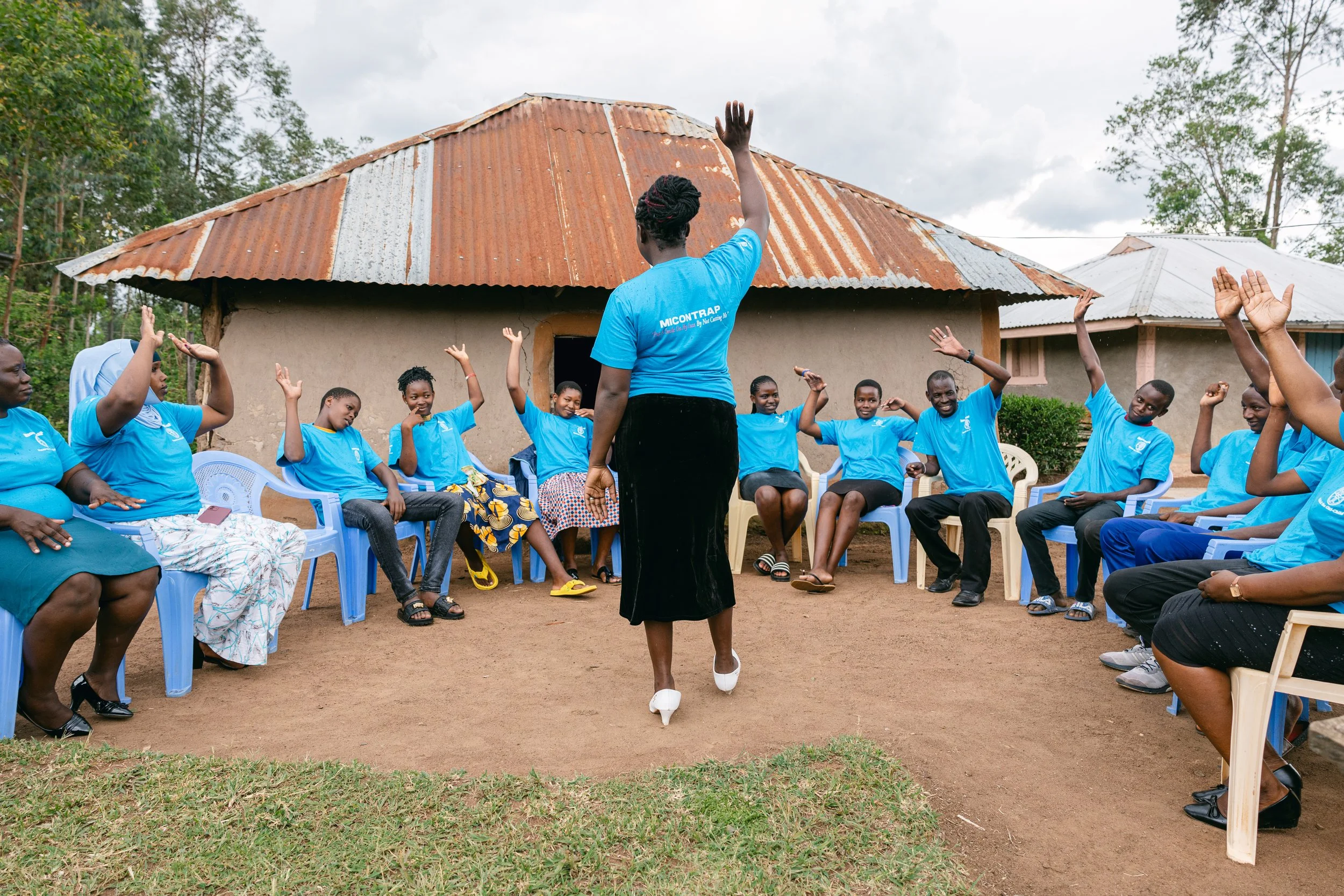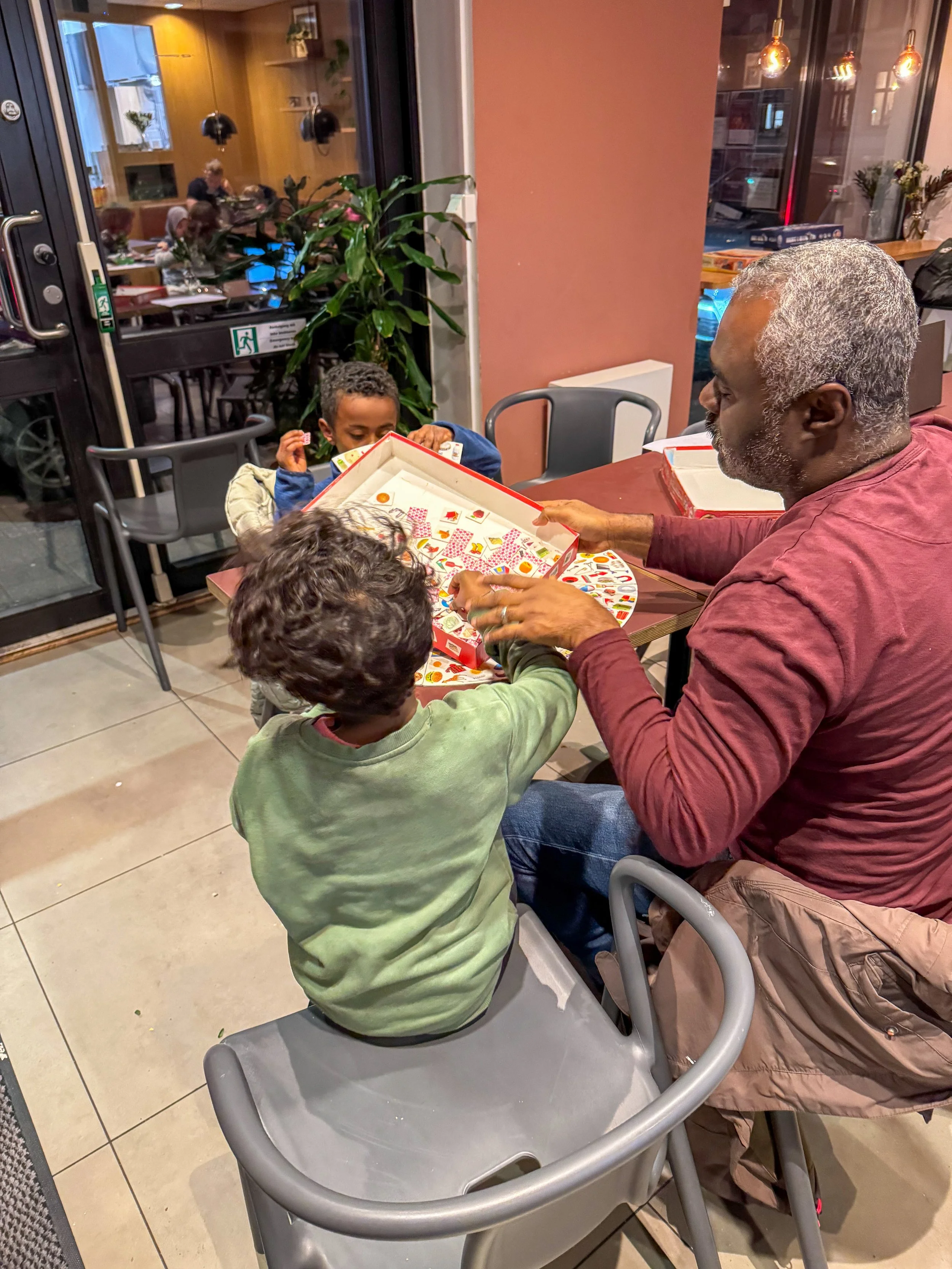Standing strong against FGM - Youth leading change in rural Kenya
Robi´s story
In Kenya, one in four women has undergone Female Genital Mutilation (FGM). FGM is a serious violation of human rights and an extreme form of discrimination against women and girls – sometimes with fatal consequences. Although outlawed in 2011, FGM remains widely practiced among the Maasai and Kuria communities in Migori County, near the Tanzanian border. Believed to be a necessary rite of passage into womanhood, FGM is deeply embedded in culture and tradition. For many girls, FGM marks the end of their education and the beginning of early marriage and pregnancy.
But in Migori, young people are pushing back – using knowledge and solidarity to challenge harmful norms and practices like FGM.
Robi Judy Rioba is one of them. She is 17 years old and loves to dance, play football, and listen to music. Robi dreams of becoming a teacher – a dream she can pursue because she has not undergone FGM and can continue her education, free from the risk of early marriage. But this was not always the case.
Robi was supposed to be cut alongside the other girls in her community. Her parents and grandmother urged her to go through with the ritual, influenced by superstitions surrounding uncut girls and the fear of being ostracized by the community. For Robi, this was a challenging time. She felt overwhelmed by the pressure from her family, peers, and other community members. Support from a teacher and one of her aunts helped Robi find the courage to resist.
Robi’s situation changed when Micontrap – FOKUS’s long-standing implementing partner in Migori – visited her village. Organisations like Micontrap have been instrumental in supporting girls like me, Robi says. Micontrap spoke with her parents about the harmful consequences of FGM and the importance of education for their daughter’s future. The message resonated, ultimately leading Robi’s parents to reconsider and change their position.
Although she gained the support of her family, Robi felt lonely in her decision to stand up against FGM. Many of her friends distanced themselves, not wanting to be associated with someone who “disrespected tradition.”
Knowledge became my greatest shield, Robi says. Through Microtrap’s youth clubs, she found a community of like-minded people. Inspired by other girls who had refused FGM and boys becoming allies, Robi received training, built confidence, and began speaking out as a youth activist against FGM. Robi now supports and guides girls in her village facing the same challenges as herself. And others are following her lead. With the support of Micontrap, young people in Migori are standing together as allies, working to break the cycle of discrimination and poverty caused by harmful norms and practices such as FGM.
Change is never easy, but Robi’s message is:
Have courage and stand strong. Your education and future are worth fighting for
Who: FOKUS - Forum for Women and Development
What: Preventing violence against women and girls
Les mer om prosjektet her.
Related stories
STORIES FROM OUR PRIORITY AREAS
All · Children & youth · Music & culture · Health & research · Climate action · Social impact investment






